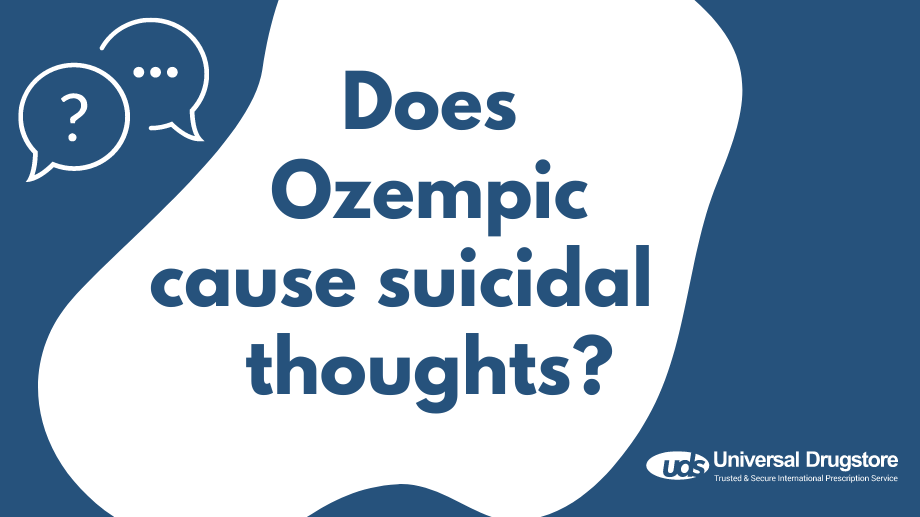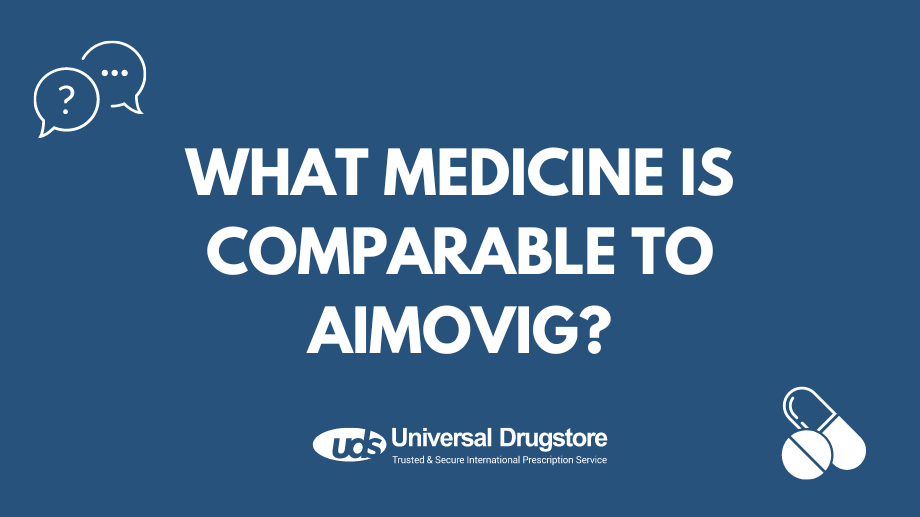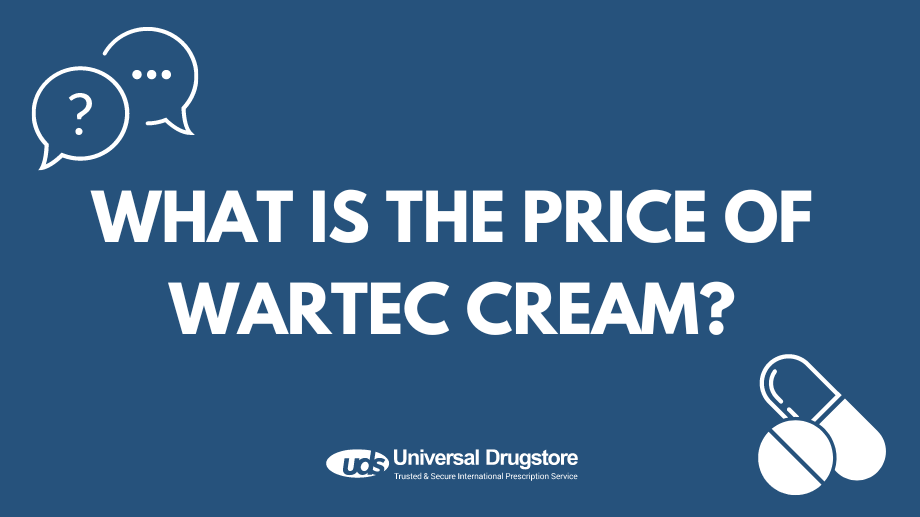Following reports of suicidal thoughts or self-injury after patients took diabetes and weight loss drugs like Ozempic, Saxenda, and Wegovy, an investigation by European Union regulators has begun looking at Novo Nordisk and their blockbuster medications.
The European Medicines Agency (EMA) opened up this investigation after the Icelandic Medicines Agency flagged 3 cases of suicidal thoughts and self-harm in patients taking medications that contain semaglutide and liraglutide. On July 11, the EMA announced that they were also looking into other medications in the same GLP-1 receptor agonists drug class to see if they could be linked to thoughts of suicide or suicidal behavior. They did not specify what other medications were included, but it could include Eli Lilly’s Mounjaro, which is also approved in Europe.
Novo Nordisk has denied a link between thoughts of self-harm and its weight loss medications and that, “patient safety is a top priority”. The EMA has said it is not sure if these medications are the cause of these adverse events or if they are linked to factors such as the patient’s underlying medical conditions. They expect to finish their investigation in November.
So do Ozempic and other weight loss drugs increase your risk of suicidal thoughts? Keep reading as we discuss this as well as other important information you need to know about Ozempic.
What is Ozempic used for?
Ozempic (semaglutide) is a brand-name weekly injection that is approved along with diet and exercise by the U.S. Food and Drug Administration (FDA) to:
-
Manage blood sugar levels in adults with type 2 diabetes (T2DM)
-
Reduce the risk of heart attack and stroke in adults with T2DM and known heart disease
In the past year, Ozempic has been trending on social media because of its off-label use to help people with obesity lose weight. This has led to shortages across America for diabetics using this medication.
How does Ozempic work?
The active ingredient in Ozempic is semaglutide. Semaglutide was approved as a diabetes drug and belongs to a drug class called glucagon-like peptide 1 (GLP-1) receptor agonists. GLP-1 is a natural hormone your body makes in response to food. By activating the GLP-1 receptor, Ozempic causes your pancreas to produce more insulin while reducing the amount of glucagon that is released. This helps to reduce your blood sugar levels. It also slows down how fast food empties from your stomach after eating. This helps you feel fuller longer and eat less, which can lead to weight loss.
How do you take Ozempic?
Read the Prescribing Information, Medication Guide, and Instructions for Use that come with your Ozempic pen.
Ozempic is a once-weekly injection given under the skin (subcutaneous) in your thigh, stomach, or upper arm. You should use Ozempic on the same day each week. You can change your injection day as long as the last dose of this medication was given at least 2 days before. Ozempic can be taken with or without food.
What are some common side effects of Ozempic?
The most common possible side effects of Ozempic seen in clinical trials include:
-
Nausea
-
Vomiting
-
Diarrhea
-
Stomach pain
-
Constipation
-
Decreased appetite and weight loss
Rarely, Ozempic may cause some more serious side effects such as:\
-
Serious, life-threatening allergic reactions
-
Increased risk of certain thyroid cancer
-
Inflammation of the pancreas (pancreatitis)
-
Vision changes
-
Low blood sugar (hypoglycemia), especially if it is used with insulin or an insulin secretagogue
-
Kidney injury
-
Gallbladder problems including gallstones
How many cases of suicidal thoughts have occurred with Ozempic?
According to the FDA’s Adverse Event Reporting System (FAERS), there have been at least 60 cases of suicidal ideation and 7 suicide attempts in patients who have used semaglutide since 2018. This includes any product with semaglutide like Ozempic, Rybelsus, and Wegovy. It should also be noted that these cases are self-reported and cannot be verified by FAERS.
The FDA also said it has received at least 70 reports of suicidal thoughts since 2010 from patients on Saxenda (liraglutide).
Does Ozempic carry a warning for increased suicidal thoughts?
Ozempic does not carry a warning or precaution for suicidal thoughts in the US. However, the FDA does require weight loss drugs that work on the central nervous system (CNS) such as Saxenda and Wegovy to carry this warning. The manufacturer, Novo Nordisk has stated, “This event had been reported in clinical trials with other weight management products.” They also said they are monitoring ongoing clinical trials and postmarket reporting while working with regulatory authorities to ensure patient safety and accurate information is available for healthcare professionals.
How much weight can you lose with Ozempic?
Although it is not approved for weight loss, most people who take Ozempic will lose weight. Clinical trials showed that Ozempic can cause significant weight loss for up to 2 years when compared to other diabetes medications or placebo. One trial conducted over 2 years saw that patients lost an average of 10.8 lbs (4.9 kg) taking 1mg of Ozempic compared to 1.1 lbs (0.5 kg) in those taking a placebo.
Another clinical trial showed even more weight loss. During the 40-week study, patients taking 1 mg of Ozempic lost an average of 13 lbs (5.9 kg) while those taking 2 mg of Ozempic lost an average of 15 lbs (6.8 kg).
In all of these clinical trials, patients took Ozempic along with a low-calorie diet and regular exercise.
What is the difference between Ozempic and Wegovy?
Ozempic and Wegovy both contain the same active ingredient, semaglutide. However, they are approved for different indications and have different doses.
Ozempic is a once-weekly injection that is FDA-approved along with diet and exercise to treat adults with type 2 diabetes (T2DM). It is also used to reduce the risk of heart attack and stroke in adults with T2DM and heart disease. The typical dose of Ozempic is 0.5 mg, 1 mg, or 2 mg once a week.
Wegovy is a once-weekly injection approved for chronic weight management in obese adults or overweight adults with at least 1 weight-related health condition such as high blood pressure, heart disease, high cholesterol, or T2DM. It is also approved for use in pediatric patients 12 years of age and older who are considered obese. It should be taken along with diet and exercise as well. The typical dose for adults is 1.7 mg or 2.4 mg (recommended) once a week. The recommended dose for pediatric patients is 2.4 mg once a week.
Related Medications
Sources
-
Medscape: https://reference.medscape.com/drug/ozempic-rybelsus-wegovy-semaglutide-1000174
-
National Library of Medicine: https://pubmed.ncbi.nlm.nih.gov/34293304/
-
Medscape: https://www.medscape.com/viewarticle/994266?src=FYE









